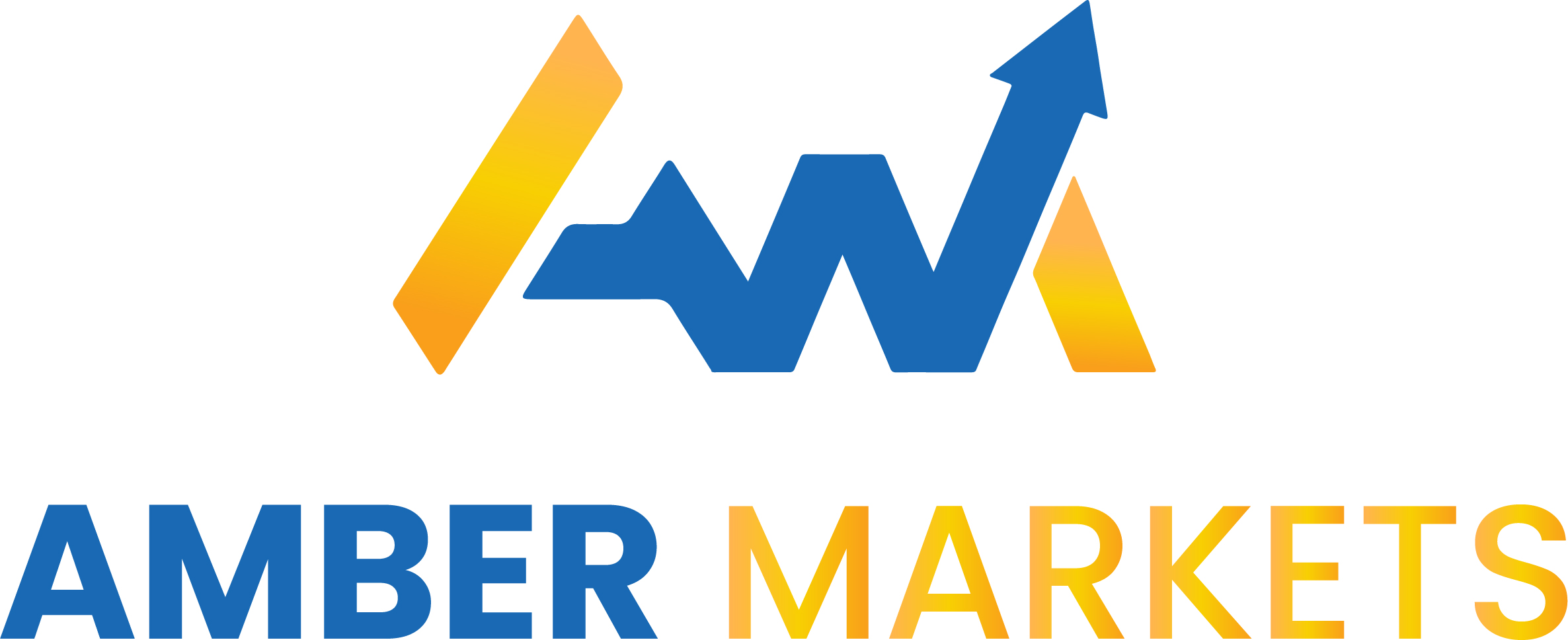What is Forex?
Individuals who engage in the active exchange of foreign currencies are referred to as forex traders. An individual trader using a retail platform, a bank trader using an institutional platform, or hedgers who are either managing their own risk or outsourcing that role to a bank or money manager are all examples of forex traders.
The FX Market
The foreign exchange market, sometimes known as forex (FX), is a decentralised market that allows anyone to purchase and sell different currencies. Instead of using a centralised exchange, this is done over the counter (OTC).
You’ve probably previously participated in the foreign exchange market without realising it by ordering imported goods like apparel or shoes, or, more visibly, by purchasing foreign money while on vacation. Forex traders are drawn to it for a variety of reasons, including:
The size of the foreign exchange market
· A wide range of currencies are available to trade.
· Varying degrees of volatility
· Transaction costs are low.
· During the week, trading is available 24 hours a day.
How does it work?
This works similarly to other markets: if you believe the value of a currency will increase (appreciate), you can buy it. Going “long” is the term for this. If you believe the value of a currency will decrease (depreciate), you sell it. Going “short” is the term for this.

Who are the major players?
In the foreign exchange market, there are two categories of traders: hedgers and speculators. Hedgers are continuously on the lookout for solutions to avoid large fluctuations in the currency rate. Consider how large businesses like Exxon seek to minimise their exposure to international currency fluctuations.
Speculators, on the other hand, are risk takers who are continually looking for opportunities to profit from fluctuations in exchange rates. Large trading desks at big institutions and retail traders are among them.
How to read a Forex Quote?
Forex Trading Explained: All traders must be able to read a forex quote since it determines the price at which they enter and exit a trade. The first currency in the EUR/USD pair is known as the base currency, which is the Euro, and the second currency in this pair is known as the variable or quote currency, which is the USD. The number to the left of the decimal point represents one unit of the counter currency, in this case the US dollar, which is $1. Pips are the third and fourth digits, which represent fractions of a penny. If the EUR depreciates by 100 pips versus the USD, the new sell price will reflect the lower price of 1.12528, because buying 1 Euro will cost less in USD.
What is a PIP?
For currency pairs in which USD is listed second in the quote, the pip value or cost will often be $1 for a 10k lot of currency, and $10.00 for a 100k lot. Pip stands for ‘percentage in point,’ and this is the base unit of measurement in a currency pair. The value of a pip will differ based on the counter-currency in the pairing.
Continuing with this example, let’s imagine the investor who purchased EUR/USD made a 50-pip profit. If the investor traded a 1k lot, the 50 pips gain would be $5 ($.10 × 50 = 5.00); if the investor traded a 10k lot, the gain would be $50 ($1 x 50 = $50). If the same investor traded a $100,000 lot, the profit would be $500 ($10.00 x 50 = $500).
Practice Account – GETTING EXPERIENCE WITHOUT HARD CAPITAL RISK
Many Forex brokers offer demo accounts so that new traders or prospective customers can familiarize themselves with the market, the platform, and the dynamics of forex trading. The risk of financial loss is ever-present when trading actual hard capital on a trading platform. For a new trader that’s just learning their ways, this can be an expensive tuition.
Why Trade Forex?
· Low transaction costs: Forex brokers typically profit from the spread as long as the trade is opened and concluded before any overnight funding fees are imposed. As a result, as compared to a market like shares, where a fee is charged, forex trading is more cost effective.
· Low spreads: Due to their liquidity, major FX pairs have extremely low bid/ask spreads. When it comes to trading, the spread is the first obstacle to overcome when the market moves in your favour. Any extra pips that go in your favour are pure profit.
· More earning opportunities: Forex trading allows traders to speculate on currencies rising (appreciating) and falling (depreciating) (depreciating). Furthermore, traders have a wide range of forex pairs to choose from when looking for winning trades.
· Leverage trading: Leverage is used in forex trading. This indicates that a trader does not have to pay the entire cost of the trade, but rather only a portion of it.


